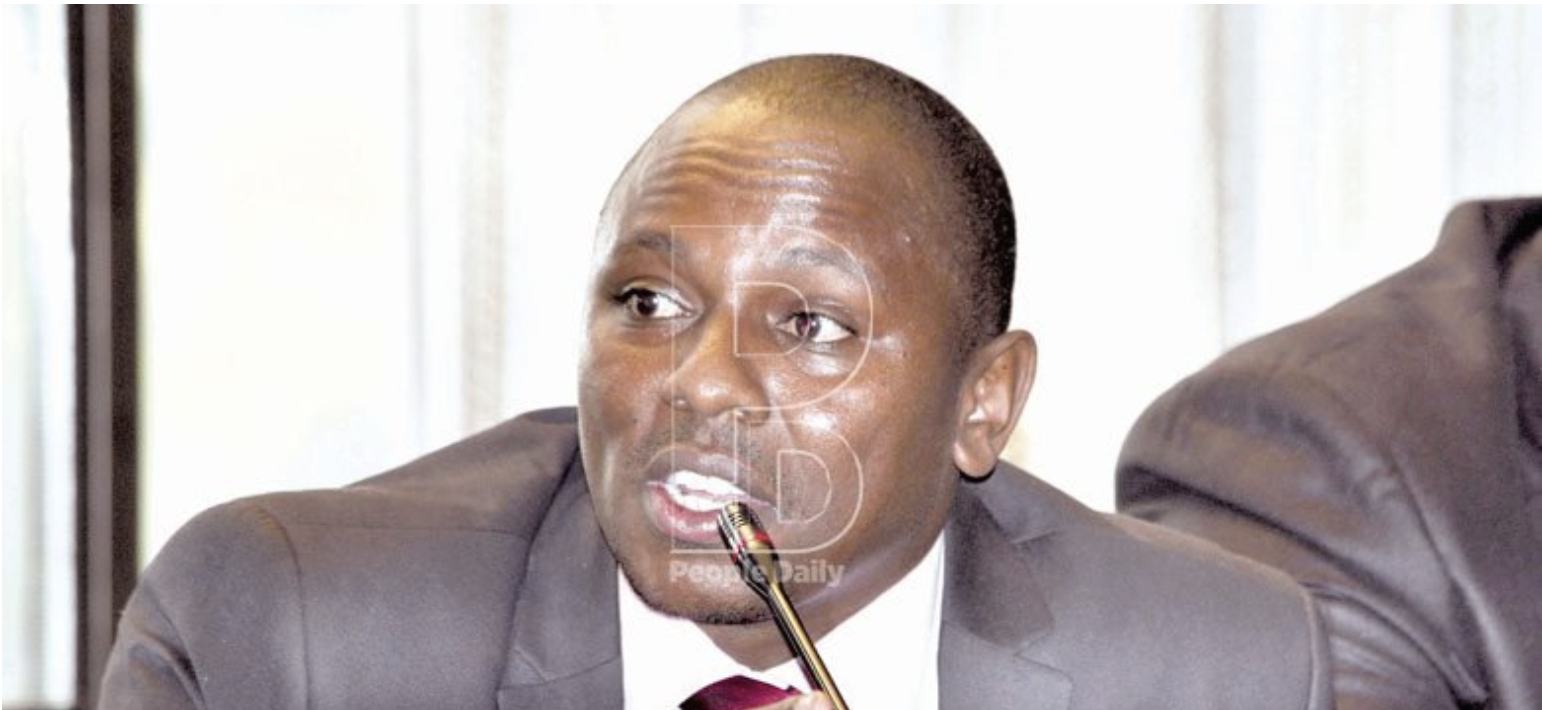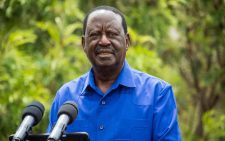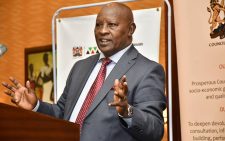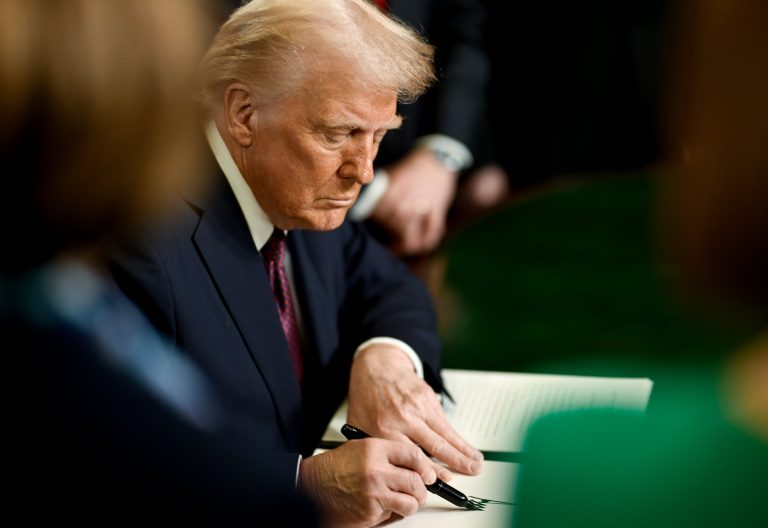Sh1.1tr to be spent on loans repayment

The next financial year Sh3.08 trillion budget will be 2.3 per cent lower than the 2018/19 one as a result of reduced allocation to the Consolidated Fund from Sh870.6 billion to Sh805.8 billion.
According to the estimates presented to Parliament, 61 per cent of the taxes will go to debt repayment from July as Sh1.1 trillion will be spent to repay loans, of which Sh366.4 billion will be interest.
Budget and Appropriations Committee chair Kimani Ichungw’a, while acknowledging the challenges of funding 2019/20 expenditure, explained that managing public debt is two fold — reduce public expenditure or increase revenue, because with a huge fiscal deficit Treasury tends to borrow more.
On revenue collection, Ichung’wa, the Kikuyu MP, said the country has had challenges but with changes at the Kenya Revenue Authority (KRA) collection is expected to improve.
“We expect the new regime at KRA to deliver than those who were there before,” he said.
His committee and the National Treasury, he said, had also tried to squeeze in on expenditure.
The National Treasury is targeting to cut its budget deficit to 5.6 per cent of GDP in its 2019/20 financial year from 6.3 per cent in the current financial year.
Kitui Central MP Makali Mulu, a member of the Budget Committee, said time had come for the country to borrow for specific investment options which have high returns.
“This will be important so that when you consider the returns they can easily pay for themselves and leave some extra. This should be the focus,” said Mulu.
Mulu, an economist, further cautioned that the wage bill needs to be controlled especially at county level where there are many people holding positions that are not productive.
Molo MP Kimani Kuria said for Rotich to lower the deficit in the budget, he must first reduce expenditure by the National government.
To address the problem, Kuria suggested, the government should merge or collapse some of the parastatals.












